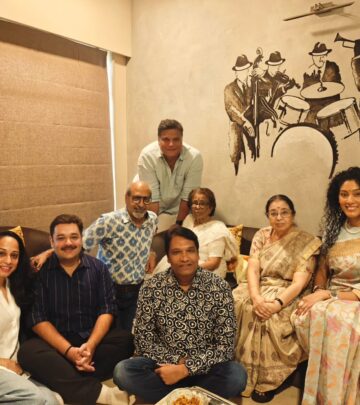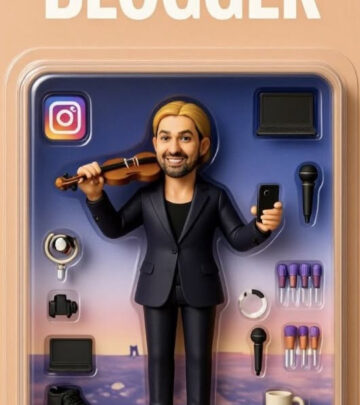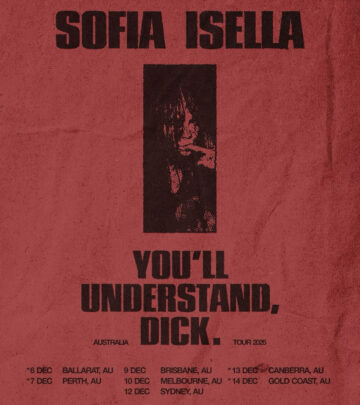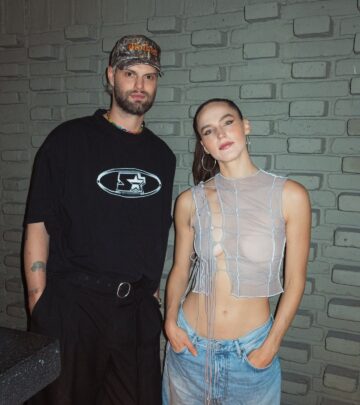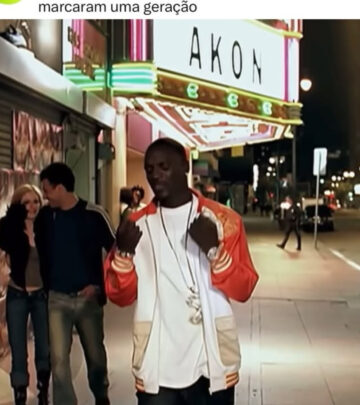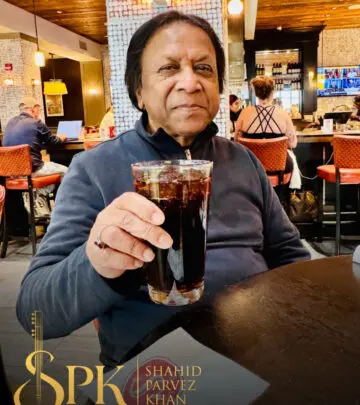Heart Of Stone: Empathy Vs. Inhumanity
A stirring reflection on hardened hearts in politics and society in a time of crisis now!
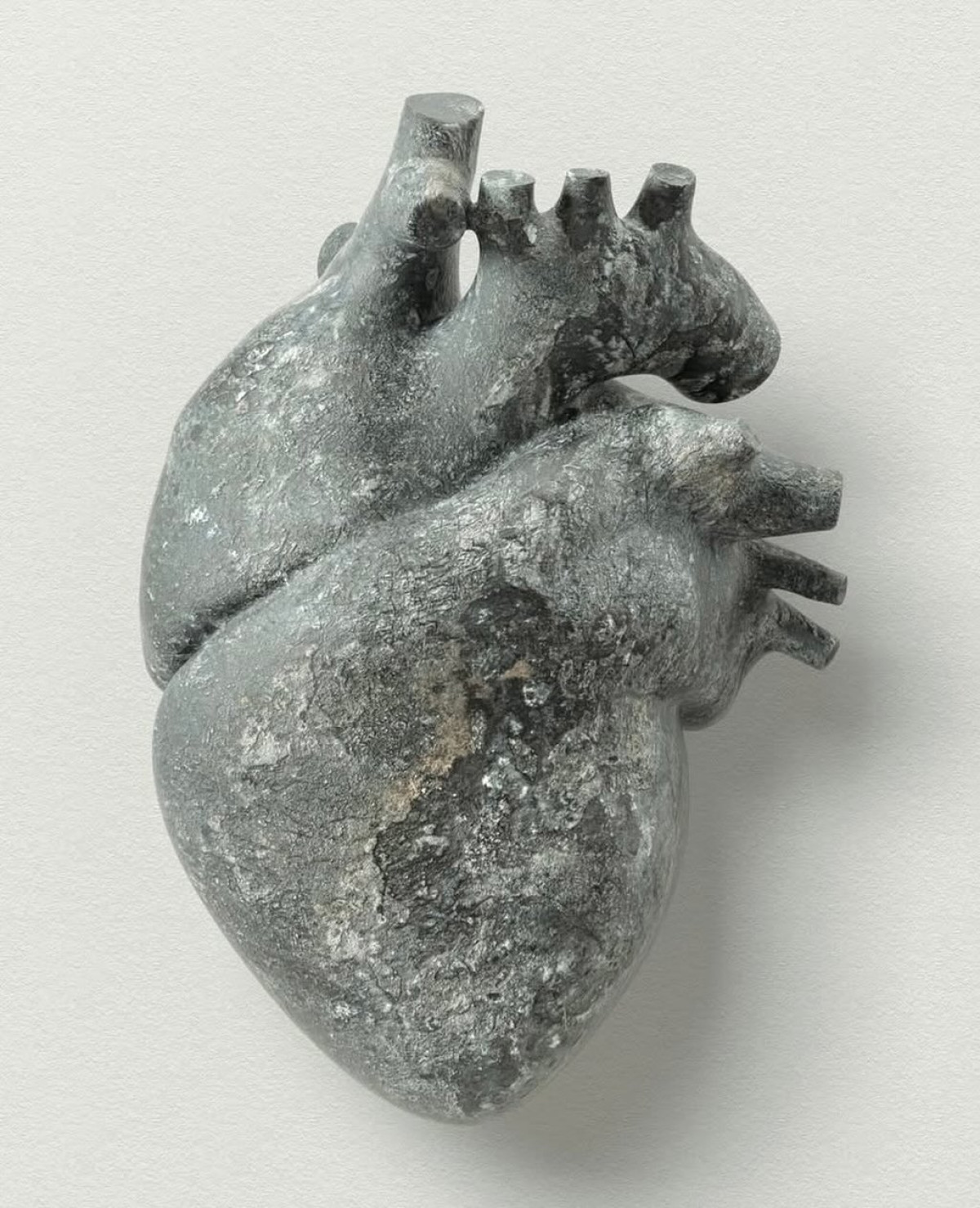
Image: Instagram
In a powerful social commentary originally shared on Instagram, the artist Javier Jaén presents the concept of a ‘heart of stone’ as a metaphor for those who lack empathy and compassion. The post, entitled “Heart of Stone,” boldly criticizes individuals and leaders whose actions or inactions contribute to systemic issues such as racism, sexism, xenophobia, and even the refusal to confront ongoing atrocities in Gaza.
The Hard Truth
The caption begins by stating, “Parece que é uma tendência agora, isto de ter um coração de pedra, um coração incapaz de sentir empatia…” which translates to an observation that there is a trend of having a heart made of stone – a heart that is incapable of feeling and suffering alongside others. The artist outlines characteristics typical of those who perpetrate hate and discrimination, describing them as racists, machistas, xenófobos, homofóbicos, and transfóbicos. These are labeled as heartless individuals who neither value democratic principles nor show respect for animals or nature. This stark portrayal serves as a catalyst for readers to examine the very nature of empathy in an age where political crises and humanitarian disasters are deeply intertwined.
A Call For Compassion
The critique further extends to political leadership, arguing that some government officials have been complicit through their silence or indecisiveness in the face of atrocities such as the ongoing genocide in Gaza. Jaén’s message draws a bitter contrast between these hardened hearts and what he characterizes as the true nature of the human heart—one that is warm, compassionate, and driven by the desire to do good. The post is a reminder that while some hearts may seem insensible, the potential for warmth and benevolence remains a core human trait.
Drawing from the visual impact of his work, Jaén’s “Heart Of Stone” is not just an artistic expression but also a profound critique of a society where cruelty can sometimes be normalized. He suggests that a lack of empathy is not just a personal failing but a dangerous societal trend. By pointing to the coldness of those in power, he challenges not only individuals but entire political systems to re-examine their moral compass.
Among critics and social influencers, this message has sparked vigorous discussions across social media platforms. Notably, public figures such as Filipe Vargas have recently engaged in dialogues surrounding similar themes of social justice and political accountability. Although primarily known for his work in the entertainment sphere, Vargas has shown a commitment to using his platform to advocate for empathy and humane values in the face of divisive political climates.
The artwork and its accompanying text invite viewers to reflect on what it means to have a human heart. The artist reminds us that the heart, when open to humanity, possesses a vibrant capacity to feel, love, and ignite transformative change. This subtle yet piercing critique resonates deeply in times of global crisis, where political stalemates and social inequities contribute to widespread suffering.
In addition to its artistic value, the post serves as a call to action. It encourages individuals to reject the stony indifference of those who deny the plight of others and instead embrace the power of empathy. It reminds us that change, no matter how incremental, starts within the human heart. The contrast between the coldness of destructive ideologies and the warmth of genuine human care is stark—and vital in shaping public discourse.
The discussion has fostered broader conversations online. Many users, inspired by Jaén’s vivid imagery, have shared their own experiences and views on the importance of compassion in leadership and community relationships. These exchanges reflect an increasing desire among people from various walks of life to see a moral and ethical recalibration in political governance.
While some detractors argue that art like this may oversimplify complex political situations, many applaud the raw honesty and urgency of the message. The artist’s words have come to symbolize a broader sentiment: that only by nurturing the inherent goodness of the human heart can society hope to overcome challenges rooted in indifference and cruelty.
Ultimately, Jaén’s work is a clarion call to reawaken the dormant capacities of human empathy. It is a reminder that even in the midst of global strife, the power to change conditions lies in the genuine expressions of care and solidarity. As society grapples with the realities of modern political and humanitarian crises, the message remains clear—the human heart, when allowed to feel, is a force for immense good.
This reflective piece not only challenges us to think critically about the nature of leadership and personal responsibility but also inspires us to stand up for values that unite rather than divide. It is an invitation to recognize that while some may have a heart of stone, the potential for a compassionate, beating heart remains in each one of us.
Read full bio of Preeti Jha







